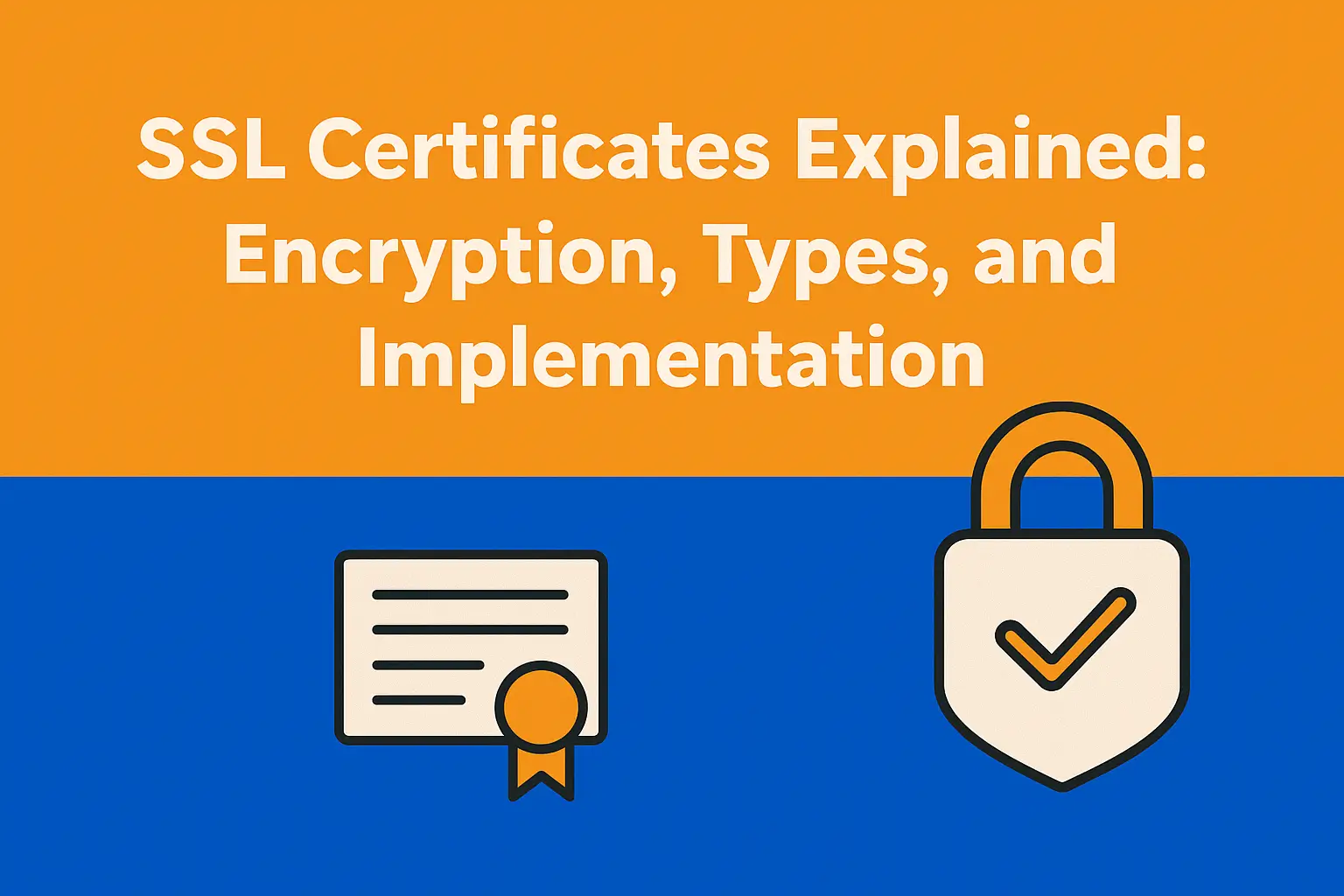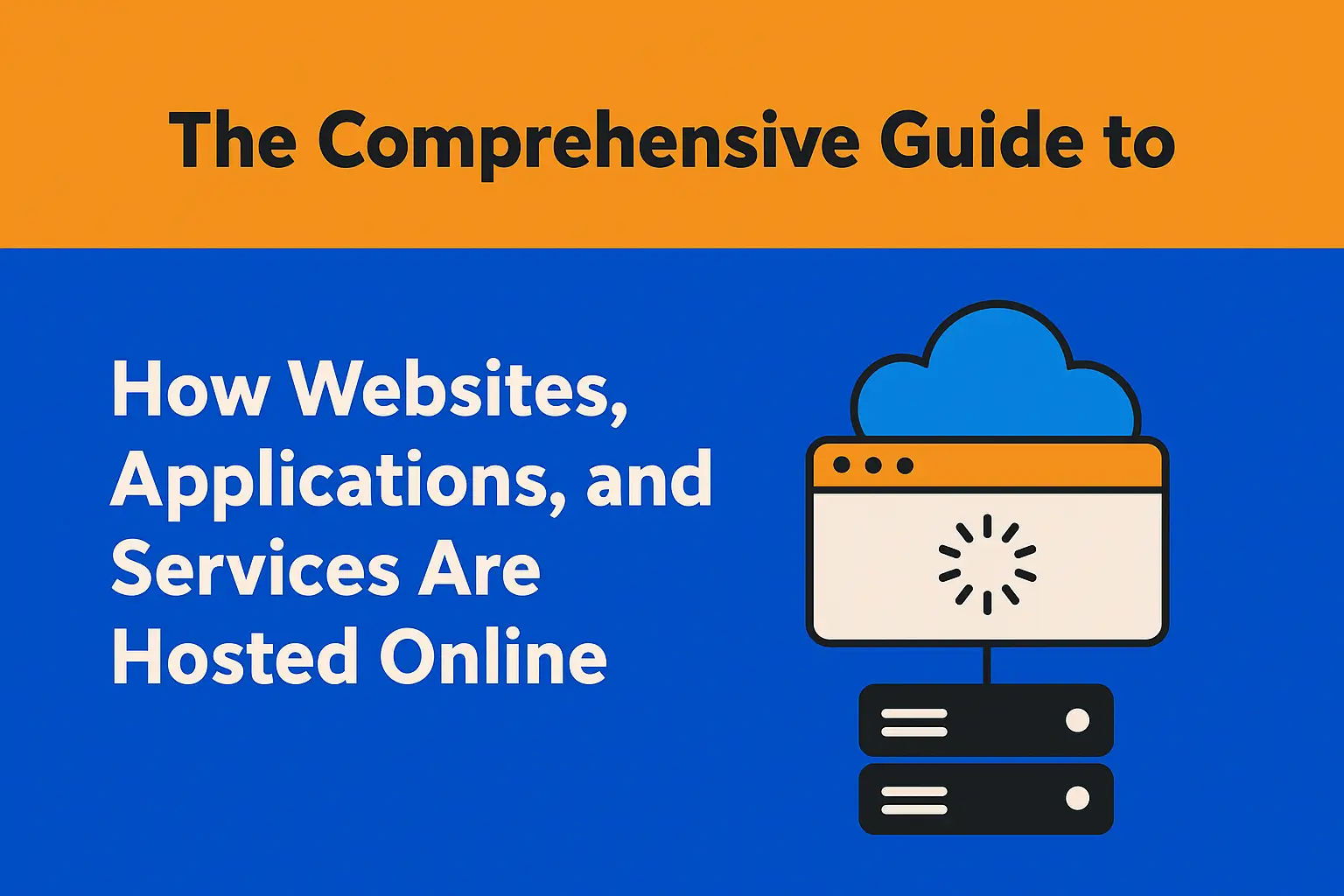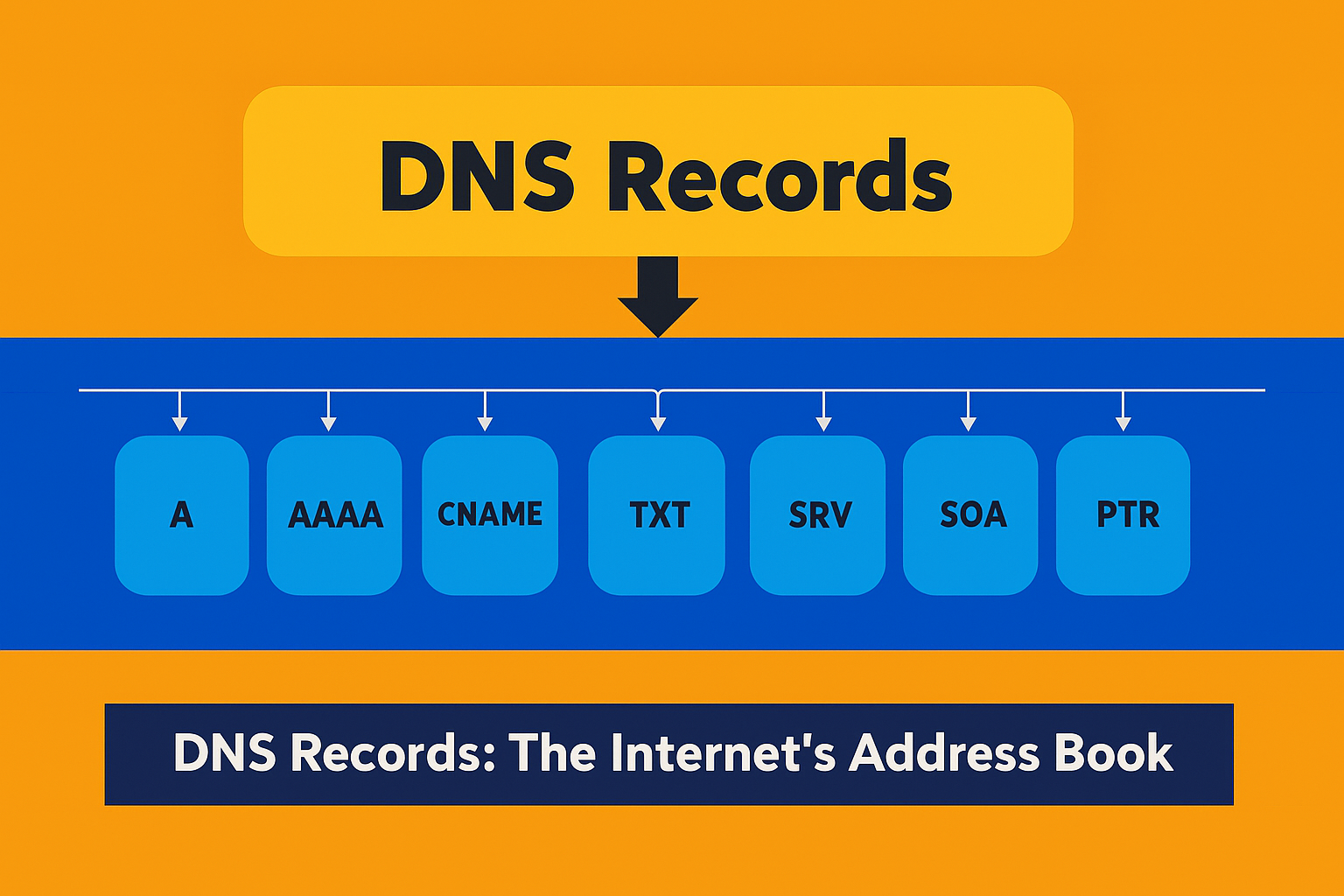
Introduction to Anonymity
Anonymity, by definition, refers to a state where an individual’s identity is unknown or concealed. This concept holds substantial importance in the digital age, where the boundaries of privacy and identity are constantly tested. Historically, anonymity has played a crucial role in various domains including literature, politics, and the nascent internet culture, allowing individuals to express opinions or disseminate information without the fear of reprisal or recognition.
In literature, anonymous authors have contributed to the richness of the written word, permitting works to be judged on their merit rather than the notoriety of the author. One of the most famous examples is the Federalist Papers, where Alexander Hamilton, James Madison, and John Jay wrote under the pseudonym “Publius” to advocate for the ratification of the U.S. Constitution. This illustrates how anonymity has been pivotal in shaping political discourse and influencing significant historical events.
In the digital realm, anonymity takes on new dimensions, as individuals navigate cyberspace using pseudonyms and encrypted communications to preserve their privacy. The internet, since its beginning, has been a haven for anonymous interactions, providing a platform for free expression and the uncensored exchange of ideas. However, this anonymity can also present challenges, such as difficulties in accountability and the potential for misuse in activities like cyberbullying and online fraud.
Understanding the balance between anonymity and accountability is essential in the ongoing evolution of the internet and digital communications. The digital age has redefined what it means to be anonymous, intertwining the concept with issues surrounding data security, privacy rights, and ethical behavior online. As we continue to leverage technology for social, professional, and personal interactions, the significance of maintaining an appropriate level of anonymity cannot be overstated.
The Importance of Anonymity
Anonymity serves as a cornerstone of digital freedom and privacy in our interconnected world. In essence, it empowers individuals to express their ideas and opinions without fear of reprisal, thus enhancing freedom of speech. This freedom is crucial for fostering diverse and open dialogue, especially on contentious topics that might otherwise be suppressed in a more identifiable setting.
Furthermore, anonymity is vital in safeguarding personal privacy. In an era where data breaches and privacy violations have become common, it provides a protective shield against various forms of data exploitation. When personal identities are not discernible, it reduces the chances of sensitive information being used maliciously. This protection extends to shielding individuals from potential threats such as harassment, stalking, or discrimination. By withholding personal identifiers, individuals can engage in societal discourse, share experiences, or seek assistance without the looming concern of negative backlash.
Additionally, anonymity plays a critical role in protecting individuals from governmental surveillance. In many regions, state apparatuses exercise significant power in monitoring citizens’ digital activities, often leading to censorship or punitive measures against dissenters. Anonymity offers a layer of defense for activists, journalists, and ordinary citizens who aim to voice dissenting opinions or expose injustices without the threat of persecution. This aspect is particularly significant in authoritarian regimes, where revealing one’s identity can have dire consequences. Thus, anonymized interactions become a vehicle for truth and advocacy in environments where freedom of expression is otherwise curtailed.
To sum up, the importance of anonymity in the digital age cannot be overstated. It underpins freedom of speech, ensures privacy, and shields individuals from potential threats. In an increasingly digitized landscape, maintaining the ability to interact anonymously online is indispensable for a free and secure digital existence.
Common Threats to Anonymity
In the digital landscape, maintaining anonymity is increasingly difficult, as numerous threats constantly lurk, eager to compromise personal data. One major threat comes in the form of digital tracking. Websites, social media platforms, and search engines frequently monitor user activities via cookies, IP address logging, and browser fingerprinting. This information is often used for targeted advertising but can also be misused, leading to privacy invasions.
Another critical threat is data breaches, which have become alarmingly frequent. When hackers penetrate databases holding personal information, the fallout can be devastating. Notable breaches, such as those involving Equifax and Yahoo, have exposed sensitive data of millions. Once stolen, this information can be sold on the dark web, making it easier for malicious actors to unmask individuals and potentially exploit their identities.
Social engineering is a more personalized form of attack, where attackers manipulate individuals into divulging confidential information. Phishing emails, fraudulent phone calls, and deceptive social media interactions are common tactics. These methods prey on human psychology, making them particularly effective. For instance, a convincing email pretending to be from a trusted institution can trick individuals into revealing their passwords or other sensitive details.
The role of government and corporate surveillance also cannot be underestimated. Governments may conduct extensive surveillance to maintain national security, which can sometimes infringe upon personal privacy. For example, programs like the NSA’s PRISM have raised significant concerns about the extent of government data collection. Additionally, corporations often gather overwhelming amounts of user data under the guise of improving services. This data aggregation can lead to a loss of anonymity, as companies can build detailed profiles on individuals.
These threats show the complex, multi-faceted nature of digital anonymity risks. Whether stemming from sophisticated cybercriminals or institutional entities, each presents a significant challenge to preserving anonymity in the digital age.
Tools and Techniques for Staying Anonymous Online
In an era where digital footprints are easily traceable, employing effective tools and techniques to maintain online anonymity is paramount. One of the foremost tools is the Virtual Private Network (VPN). A VPN encrypts your internet traffic, masking your IP address and making it difficult for third parties to track your online activities. VPNs are user-friendly and available across all major operating systems. However, it is crucial to choose a reputable VPN provider to ensure data integrity, as some free VPN services may log user data and compromise privacy.
The Tor network is another essential tool for anonymity. By routing your internet traffic through multiple nodes worldwide, Tor anonymizes your connection, making it extremely challenging for anyone to ascertain its origin. While Tor is highly effective for secure browsing, its speed is notably slower compared to normal browsing, and some websites may restrict or ban Tor traffic due to its association with illicit activities.
Anonymous email services, such as ProtonMail and Tutanota, offer encrypted communication, ensuring that only the intended recipient can read your emails. These services often do not require personal information for account creation, thus maintaining user anonymity. However, the limited features in free versions might be a downside for some users looking for more comprehensive email management tools.
Secured messaging apps like Signal and Telegram provide end-to-end encryption for messages, ensuring that only the communicating parties can access the content. These apps are particularly favored for their strong security protocols and user-friendly interfaces. Nonetheless, it is important to be aware of the potential metadata these apps may collect, which could compromise anonymity.
Each of these tools serves specific purposes in securing anonymity online. While no single tool can guarantee absolute anonymity, utilizing a combination of VPNs, Tor, anonymous email services, and secure messaging apps significantly enhances privacy and reduces the risk of digital exposure.
Best Practices for Preserving Anonymity
In the ever-evolving landscape of the digital age, preserving anonymity requires adopting a set of vigilant habits and best practices. Safe browsing is paramount, beginning with the use of privacy-focused web browsers like Tor or Brave, which prioritize user privacy. Implementing a reliable Virtual Private Network (VPN) ensures your online activities remain encrypted and conceals your IP address from prying eyes.
Data encryption is another critical aspect. Implement end-to-end encryption tools for your communications, such as Signal or ProtonMail, to protect your messages from unauthorized access. Encryption extends to your stored data as well; encrypt files and storage devices to add an additional layer of security.
When it comes to sharing personal information online, exercise utmost caution. Avoid posting identifying details on social media or public forums. Instead, opt for using aliases and pseudonyms whenever possible. This practice extends beyond usernames; consider creating separate email accounts for different aspects of your online life. Services like Burner Email can help manage these aliases effectively, avoiding any compromise of your primary identity.
Practical steps include regularly updating and using complex passwords. Utilize a password manager to maintain secure and unique passwords for each account. Be wary of phishing attempts by scrutinizing links and verifying the authenticity of emails and websites before engaging with them.
Lastly, ensure your devices are secure. Regularly update your operating system and software to protect against vulnerabilities. Implement strong security measures, such as two-factor authentication, and use reputable antivirus programs.
By adhering to these best practices, you can significantly enhance your digital anonymity. Navigating the digital world with awareness and caution is key to maintaining the security and privacy of your personal information.
Ethical Considerations of Anonymity
Anonymity in the digital age carries significant ethical implications, both positive and negative. While it provides essential protection for free speech and personal privacy, it also opens avenues for misuse. The balance between safeguarding anonymity and holding individuals accountable for their actions is delicate and complex.
One of the primary ethical concerns is the potential for anonymity to facilitate harmful behavior. Online environments, where users can remain anonymous, have become breeding grounds for cyberbullying, harassment, and the dissemination of false information. In these instances, anonymity removes the immediate consequences of one’s actions, fostering a sense of impunity. For example, numerous cases have been reported where anonymous users have perpetrated severe harassment campaigns leading to psychological distress for the victims.
Conversely, anonymity can also serve as a crucial shield for whistleblowers and activists. In oppressive regimes or hostile environments, anonymity allows individuals to speak out against injustices without fear of retaliation. Case studies, such as the exposure of corporate malpractices by insiders who chose to remain anonymous, highlight the role anonymity plays in maintaining ethical standards and uncovering truths that otherwise might remain hidden.
The ethical dilemma, therefore, lies in finding a balance. Systems and policies must be designed to enable anonymity where it protects free speech and privacy, yet be robust enough to discourage and address its misuse. For instance, internet platforms have begun implementing measures like verified accounts and stricter content moderation to mitigate the negative aspects of anonymity without wholly eliminating its benefits.
To sum up, understanding the ethical dimensions of anonymity involves recognizing its dual potential for both protection and abuse. Thoughtful policies and vigilant enforcement are required to navigate these challenges, ensuring that anonymity continues to serve the greater good while minimizing opportunities for harm.
In the digital age, the legal aspects of anonymity are complex and vary significantly across different jurisdictions. While some laws and regulations protect individuals’ right to remain anonymous, others impose stringent conditions that challenge it. Understanding these legal nuances is essential for navigating the landscape of digital anonymity.
At the international level, the right to privacy is often linked with the right to anonymity. The Universal Declaration of Human Rights and the International Covenant on Civil and Political Rights (ICCPR) enshrine the right to privacy, which implicitly supports anonymity. However, the application of these rights heavily depends on national legislation and judicial interpretations.
Jurisdictional Variations
In the European Union, the General Data Protection Regulation (GDPR) serves as a robust framework protecting personal data and, by extension, ensures certain levels of anonymity. The GDPR enforces strict rules on data collection, processing, and consent, offering individuals significant control over their personal information. However, it also mandates data transparency and accountability, often clashing with absolute anonymity.
Conversely, the United States approaches anonymity differently, with the First Amendment offering some protections, especially concerning freedom of speech. American courts have recognized the right to anonymous speech, particularly in matters involving political discourse. Nonetheless, this right is not absolute and can be overridden in cases involving defamation or criminal activities. The Digital Millennium Copyright Act (DMCA) and the Communications Decency Act (CDA) also place certain limits on anonymity to combat online piracy and harassment.
Notable Legal Cases
Several landmark cases illustrate the legal challenges and protections related to anonymity. For instance, in “Doe v. Cahill” (2005), the Delaware Supreme Court upheld the right to anonymous speech, establishing a precedent for protecting online anonymity under the First Amendment. Conversely, the case “Dendrite International v. Doe” (2001) demonstrated circumstances where anonymity could be compromised if sufficient evidence of malicious intent or harm is presented.
Balancing the right to anonymity with legal obligations remains a delicate and evolving issue. As digital landscapes continue to evolve, the interplay between legal frameworks and anonymity will undoubtedly face new challenges and adaptations.
Future of Anonymity
As we venture further into the digital age, the future of anonymity presents itself as an evolving landscape shaped by technological innovations and emerging threats. The ongoing development of anonymous technologies such as advanced encryption methods, blockchain solutions, and decentralized networks continues to offer promising enhancements for maintaining online anonymity. These technologies are designed to protect user privacy by minimizing data traceability and enhancing secure communication channels. Encrypted communication applications and sophisticated digital privacy tools are becoming increasingly accessible, empowering individuals to manage their online presence with greater control.
However, the future of anonymity is not without its challenges. New threats are constantly emerging, each more complex than the last. Virtual reality environments, artificial intelligence, and quantum computing are areas where anonymity could be compromised. Quantum computing, in particular, poses significant risks to current encryption standards, potentially rendering many existing anonymous systems vulnerable. Cybersecurity experts are striving to develop quantum-resistant algorithms and other advanced protective measures to counteract these looming threats.
The debate between privacy versus security will likely intensify as technological capabilities advance. Governments and institutions might advocate for increased surveillance and data collection to ensure national security and combat cyber crimes. This perspective often clashes with the fundamental right to privacy, leading to a delicate balance that must be maintained. Public discourse and policy-making will need to address these dual priorities carefully, ensuring that security measures do not excessively infringe upon personal freedoms.
In navigating this intricate future, the role of legislation, public awareness, and technological innovation cannot be understated. Continuous research and development in the field of privacy technologies are essential to stay ahead of potential threats. Moreover, raising public awareness about online privacy best practices can equip individuals with the knowledge to better protect their anonymity. As we continue to innovate and adapt, the quest to maintain a balance between anonymity and security will remain a central theme in our digital evolution.





0 Comments